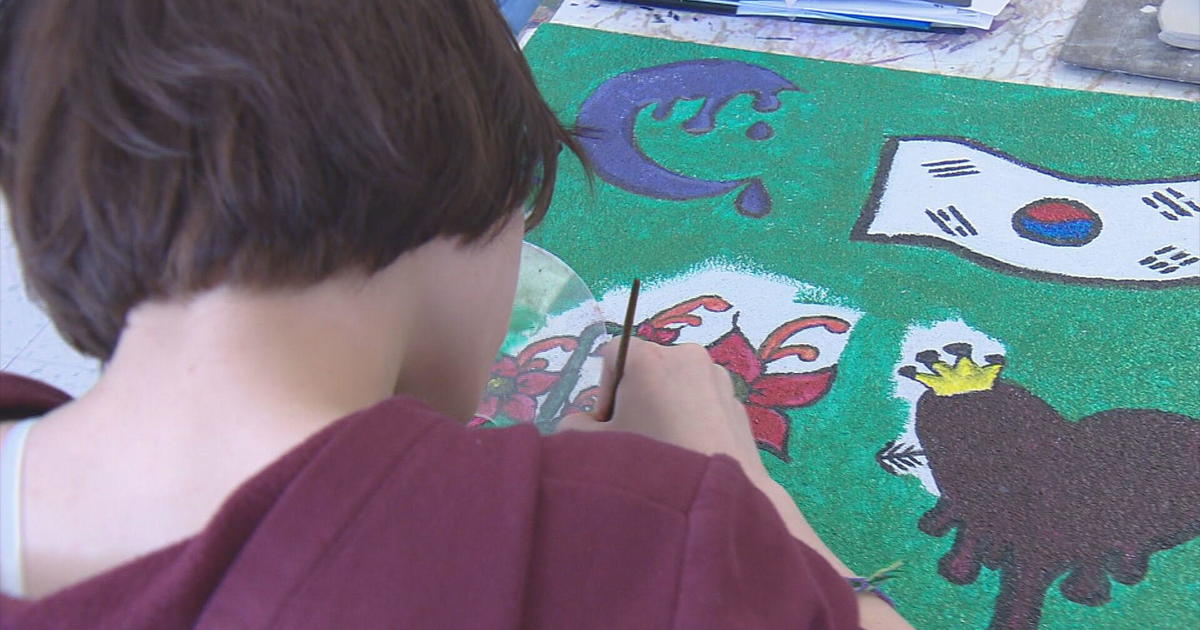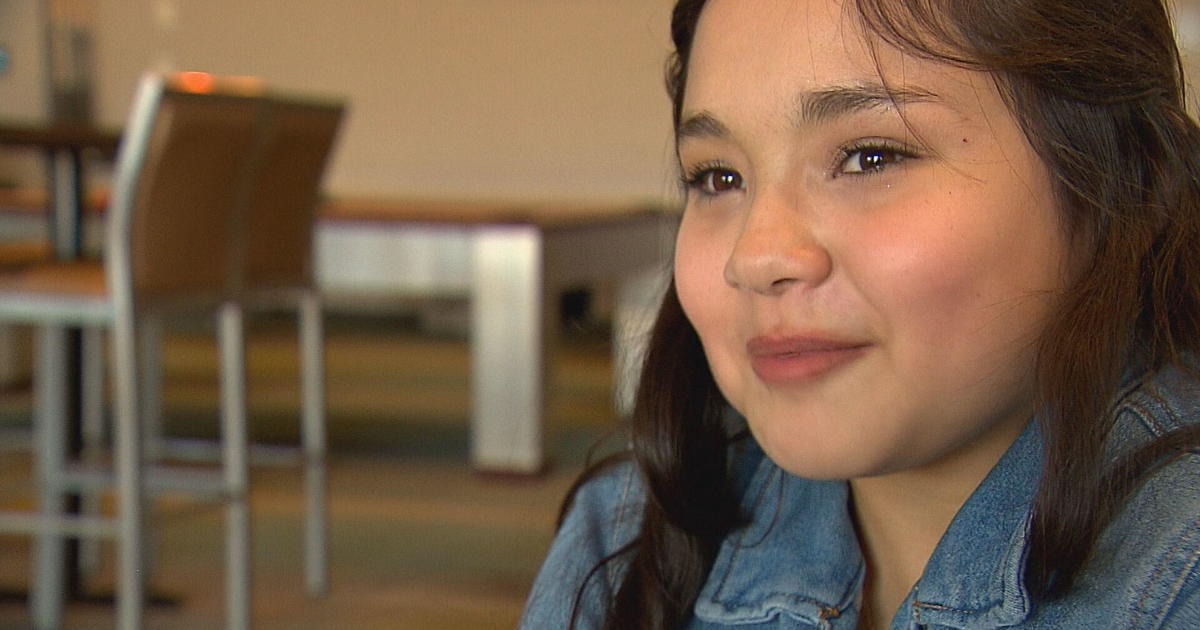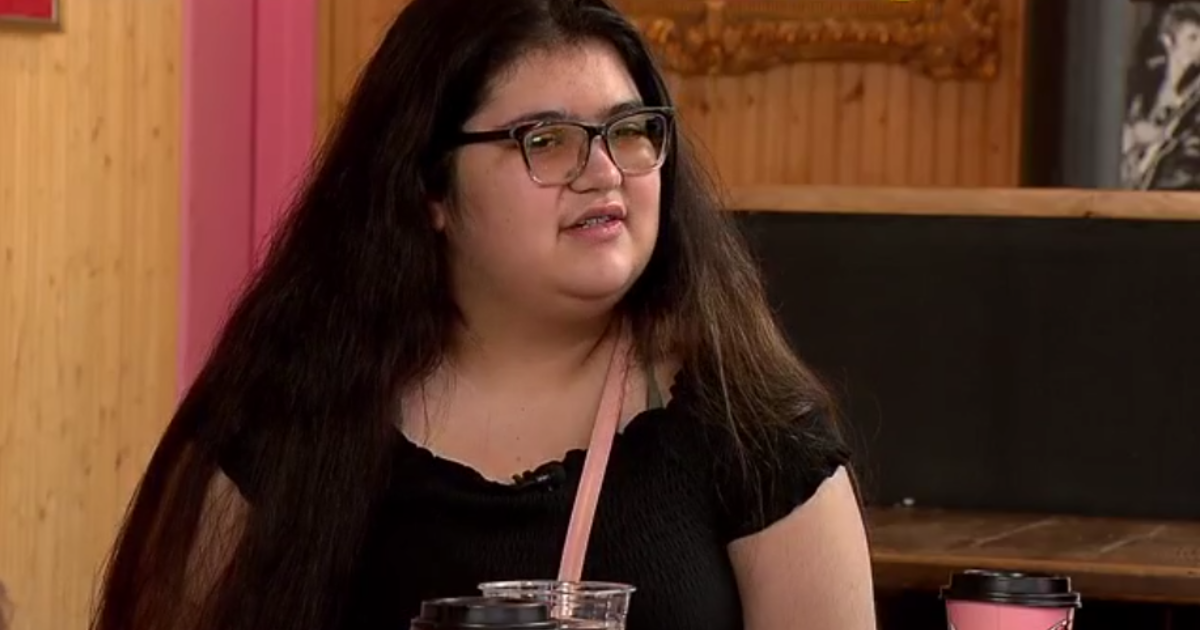Ski-Accident Victim Tells Of Living With Paralysis
ASPEN, Colo. (AP) - Amanda Boxtel's long-running story of hope over paralysis continues to evolve -- and still captivates local audiences familiar with most of the details.
Boxtel, 43, a resident of Basalt, was paralyzed from the waist down on Feb. 27, 1992, while skiing at Snowmass. Since that time, she has become an example of courage over adversity. She taught disabled skiers for 10 years as an Aspen Skiing Co. instructor and co-founded Challenge Aspen, a nonprofit that enables people with disabilities to participate in recreational activities.
In 2007, she began embryonic stem-cell treatments in India that have returned some feeling to her legs. Most recently, last July, she became the first paraplegic woman in the world to test Berkeley Bionics' eLEGS system: a wearable, artificially intelligent device that may allow some disabled individuals to walk again. The test was deemed successful as she was able to log 12 hours of outdoor walking time.
She spoke to a gathering of the Aspen Business Luncheon on Dec. 22, drawing a capacity crowd in the Hotel Jerome. Her mother, Jill Boxtel, was at her side, having flown all the way from Australia to spend Christmas with her daughter. Before that week, they had not seen each other in 13 months.
"Mom's been to India with me five times," Boxtel said. "That's dedication. That's family. And that's love. So I feel like I'm the luckiest girl in the world having my mom here for Christmas."
She spoke candidly about the progress over paralysis that was made three years ago with stem-cell treatments. "Imagine having your body awaken after 15-and-a-half years. That's the gift I've been given.
"And I'm not afraid to say that I can orgasm for the first time in 15-and-a-half years."
Most of Boxtel's 25-minute talk centered on the accident and its aftermath. She remembered riding the Snowmass chairlift at around noon, and as she got off and took in the views, she had a premonition of something terrible to come.
"A wave swept through my body," Boxtel said. "I felt as if I had no business being on the mountain that day."
The accident seemed to occur in slow motion, she said. "I crossed my tips, did a somersault, and landed on my back. I shattered four vertebrae. An electric current shot through my legs."
Boxtel said she vividly remembers the events that followed. She called for help and soon the ski patrol arrived. They asked the usual questions to determine if she was lucid.
"I said, 'I can't breathe. I can't move my legs. I can't feel my legs,"' said the Australian native.
Soon she was on her way down the mountain and then airlifted to a Denver hospital. Days turned into weeks as she couldn't leave the hospital because of the spinal-cord injury. She was told by a young doctor that she would never walk again -- but that she could still have children.
"I didn't care at that moment about having children," Boxtel said. "All I heard was I'll never walk again. How dare he? How dare he steal every ray of hope?"
She said that was a point in which she took the word "hope" out of her vocabulary. She was angry: at the doctor, at her paralysis, at God and others.
And then, a few years later, a friend in Australia helped her to overcome the anger. He plucked her out of a wheelchair and carried her up three flights of stairs to an area with a balcony that overlooked a river. He asked if she wanted to go for a walk.
"He took my hand and started to drag me across the carpet," Boxtel said. "I guess he was trying to be kind but I felt it was so cruel. And I looked up, from the carpet, and said, 'I can't walk. Who are you?"'
The friend soon left and returned with an armful of fine dishes. He raised one, threw it and smashed it, and told Boxtel to do the same.
"I picked up every China plate and threw them," she said. "This is how I released (my anger)."
Boxtel said soon after, while writing a journal, she learned the message that would shape the rest of her life.
"I had the answers within me: Amanda, you are not just half a woman. You are a whole woman. Your body is a temple of God. You are beautiful. You will shine. You will be a beacon of hope for others.
"We all have the power and ability to tap into the beauty of our souls to rise up against adversity, to overcome obstacles," she said.
Boxtel said that's when she finally began accepting her paralysis. With that acceptance, she was free to "live with hope and possibility for what might be the next moment from now."
Soon she was starting a nonprofit, working as a ski instructor, kayaking, hang-gliding, rock climbing and rafting through the Grand Canyon.
Boxtel credited her mother with the idea of investigating the possibility of stem-cell treatments in India. The treatments have helped to give her sensations that had been lost for years.
"That is when I put hope back into my vocabulary," she said.
Boxtel is writing a memoir and co-producing a film called "Pursuit."
- By Andre Salvail, The Aspen Times
(© Copyright 2011 The Associated Press. All Rights Reserved. This material may not be published, broadcast, rewritten or redistributed.)



